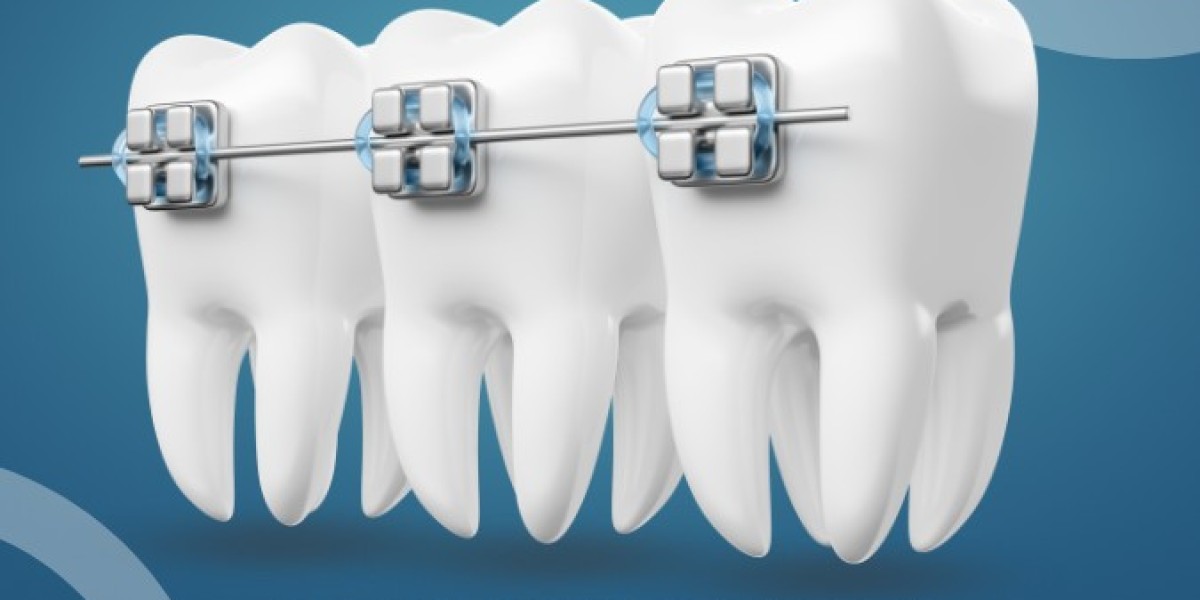When it comes to perfecting your smile, there are various treatment options available. Two popular choices are clear braces and conventional braces. Both of these orthodontic treatments have their own benefits and considerations, making it essential to choose the right treatment process for your specific needs.
In this comprehensive guide, we will delve into the world of clear braces and conventional braces, exploring their differences, advantages, and considerations. By the end of this guide, you'll have a clear understanding of which treatment process is best suited for you.
Understanding Clear Braces:
Clear braces, or more commonly known as ceramic braces, are designed to blend in with your natural teeth. Made from a clear or tooth-colored material, they are a discreet alternative to traditional metal braces. Clear braces work in the same way as conventional braces by gradually shifting the teeth into proper alignment.
Advantages of Clear Braces:
1. Aesthetics: Clear braces are less noticeable than traditional braces, making them a popular choice for individuals concerned about their appearance during orthodontic treatment.
2. Comfort: The materials used in clear braces are less abrasive than metals, reducing the likelihood of discomfort and irritation on the gums and inside the mouth.
3. Effective: Clear braces can be just as effective as conventional braces in correcting various orthodontic issues, such as overcrowding, misalignment, and gaps between teeth.
Considerations for Clear Braces:
1. Cost: Clear braces may often render a slightly higher cost than conventional braces due to the specialized materials used.
2. Durability: While clear braces are designed to be resistant to staining, certain foods and drinks, such as coffee, tea, and berries, can potentially discolor them. It's important to follow the orthodontist's recommendations for maintaining oral hygiene during treatment.
3. Treatment time: Clear braces might require a longer treatment period compared to conventional braces, depending on the complexity of the case.
Understanding Conventional Braces:
Conventional braces consist of metal brackets, wires, and rubber bands. They have been the go-to orthodontic treatment for decades and are highly effective in fixing complex misalignments.
Advantages of Conventional Braces:
1. Versatility: Conventional braces are capable of treating severe orthodontic problems, regardless of the complexity.
2. Cost: Traditional metal braces are often the more affordable option, making them accessible to a wider range of individuals seeking orthodontic treatment.
3. Treatment duration: Conventional braces can provide quicker results for certain orthodontic cases due to their ability to exert greater control over tooth movement.
Considerations for Conventional Braces:
1. Aesthetics: Unlike clear braces, conventional braces are more noticeable, which may affect some individuals' confidence during treatment.
2. Discomfort: The brackets and wires of conventional braces may cause initial discomfort and soreness, as they can rub against the skin and soft tissues of the mouth.
3. Oral hygiene: It is crucial to maintain good oral hygiene habits while wearing conventional braces. The brackets and wires can make brushing and flossing more challenging, requiring extra care and attention.
Choosing the Right Treatment Process for You:
Deciding between clear braces and conventional braces depends on various factors, including your oral dental care needs and personal preferences. Consulting with a top orthodontist in St. George is highly recommended to assess your specific case and receive professional advice tailored to your unique situation.
The top orthodontists in St. George have the expertise and experience to guide you through the decision-making process. They will conduct a thorough examination, considering your oral health, orthodontic needs, and treatment goals before recommending the most suitable treatment process for you.








